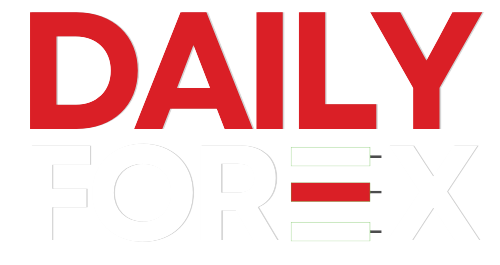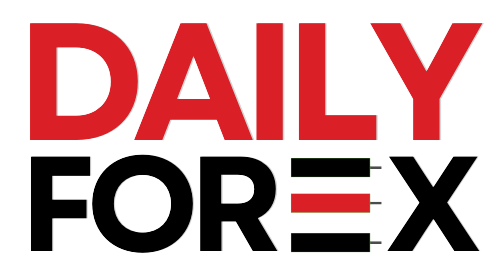The Australian Dollar (AUD) edged lower against the US Dollar (USD) on Friday as stronger-than-expected US labor market data dimmed hopes for near-term interest rate cuts by the Federal Reserve. Despite encouraging developments from China’s Commerce Ministry, the broader market focus remained on the robust US economic outlook and political developments.
US Jobs Data Overshadow Fed Rate Cut Hopes
The US Nonfarm Payrolls (NFP) report, released on Thursday during a holiday-shortened week, showed the economy added 147,000 jobs in June—beating forecasts of 110,000. The unemployment rate also surprised to the downside, falling to 4.1% from 4.2%. Weekly Jobless Claims dropped to 233,000 from 237,000, further highlighting labor market strength.
These upbeat figures followed mixed signals earlier in the week. The ADP report showed private-sector jobs contracted by 33,000 in June, marking the first decline in over two years. Meanwhile, the US ISM Manufacturing PMI rose to 49.0 in June from 48.5 in May, exceeding expectations, and JOLTS Job Openings climbed to 7.76 million in May.
Trump’s Trade and Fiscal Moves Add to Volatility
Political developments in the US also grabbed attention. President Trump announced plans to begin sending tariff notifications to 10 countries at a time, with levies ranging between 20% to 30%. On the fiscal front, Trump’s “One Big Beautiful Bill Act” was passed by the House of Representatives and awaits his signature. The bill includes sweeping tax cuts intended to fuel growth, but it also adds uncertainty around inflation and government debt.
China’s Remarks Offer Limited Relief
In a potential boost for risk sentiment, China’s Commerce Ministry stated that the US had notified Beijing of plans to cancel some export restrictions. China is also reviewing license applications for controlled goods exports, under existing laws and regulations. While this could be supportive for the Australian Dollar—given Australia’s close trade ties with China—it was not enough to offset the negative sentiment driven by US data and politics.
Focus Turns to RBA and Australian Data
Markets are now eyeing Australia’s upcoming household spending data and next week’s Reserve Bank of Australia (RBA) meeting. A 25 basis point rate cut is broadly expected, which would lower the official cash rate to 3.60%. Domestic data released earlier painted a mixed picture:
- Trade Balance: Australia’s trade surplus narrowed sharply to AUD 2.24 billion in May, below expectations of AUD 5.09 billion.
- Retail Sales: Rose 0.2% MoM in May, missing expectations of 0.4%.
- Building Permits: Increased 3.2%, falling short of the projected 4.8% rise.
- Services PMI: Rose to 51.8 in June, the fastest pace of expansion since May 2024.
- Manufacturing PMI: Dropped slightly to 50.6, reflecting weakening conditions.
Technical Outlook: AUD/USD Consolidates Below Key Resistance
AUD/USD is trading near 0.6570, having pulled back from its eight-month high of 0.6590 recorded on July 1. The daily chart shows the pair holding a bullish bias, supported by its position within an ascending channel. The 14-day RSI remains above 50, and price action stays above the 9-day EMA at 0.6553—indicating firm short-term momentum.
Key levels to watch:
- Upside: A break above 0.6590 could pave the way for a test of the upper channel boundary near 0.6660.
- Downside: A move below the 9-day EMA may open the door to 0.6500 and the 50-day EMA at 0.6470.
Stay Updated with Daily Forex Pakistan.




